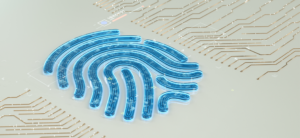Data democratization is the process of enabling both technical and non-technical users within an organization to access and leverage data to make better data-driven decisions and build more valuable customer experiences.
The concept of data democratization is quickly gaining popularity for companies who want to leverage customer data for business value. The idea is that with commonly available and shareable data that anyone in an organization can use, all processes and activities in a company can be made fundamentally data-driven and more customer-centric. Data democratization provides companies a centralized source of data truth.
Deploying the right technology solution(s) is key to being able to centralize that data so it can be shared. Many companies are leveraging several tools to deal with data loading, analytics, and compliance requirements, while others are establishing more all-in-one solutions to provide the infrastructure foundation needed to gain insights and make smarter business decisions, all in real-time.
Benefits of Data Democratization
The benefits of data democratization using a CDP for an organization are extensive and measurable.
- If you have an internal team of data scientists, or are tapping into one for external support, they no longer need to be hounded to assist with simple data requests.
- By freeing up data teams to focus on more strategic issues, marketers, sales, customer service reps and other non-technical employees can move faster, since they can get data on their own without assistance.
- Since all members of an organization will have a common source of approved data to tap into, priority planning can be more accurate, because everyone is using the same data to plan. Also, by making unified data more widely accessible, small and ongoing iterative improvements are now more trackable, like small changes in copy or imagery to marketing campaigns.
- Centralized data enables organizations to stay in compliance with data privacy regulations, with unified customer profiles that can be used to enforce the right-to-be-forgotten and other user-centric data privacy controls.




